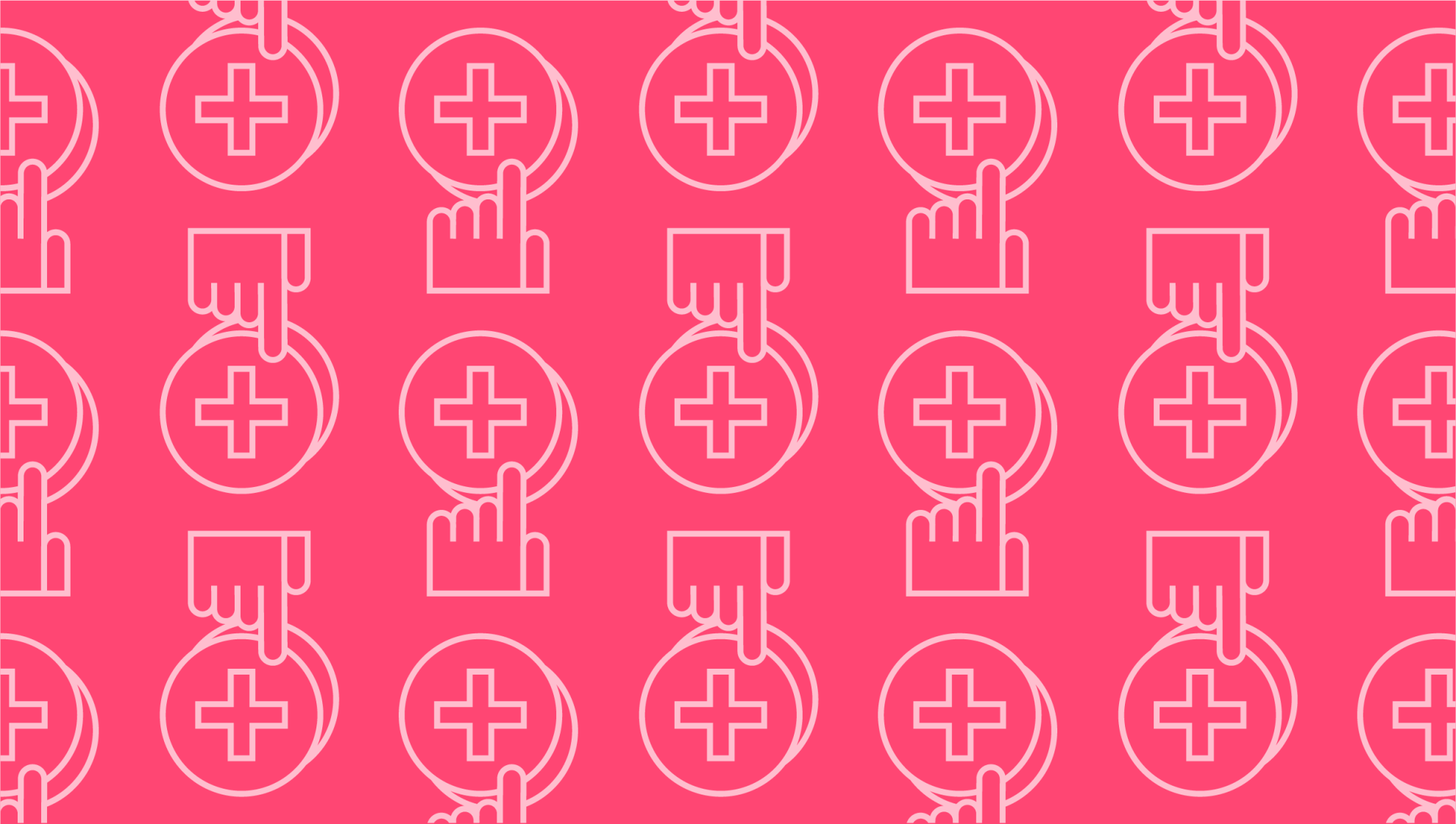
Should my business refuse cash payments?
Last editedMar 20222 min read
The Covid-19 pandemic catalysed a sea change in the way we pay. While card and contactless payments have been a part of our shared financial culture for years, it wasn’t until the pandemic that cards completely overtook cash as the preferred method of payment for businesses across the globe.
However, with many older customers still hesitant to put down their purses, can a business refuse cash payments ethically and legally?
Is it legal to refuse cash?
In the UK it is not illegal for businesses to refuse cash as payment and, in the same breath, it’s not illegal for them to refuse card payments, either. The only situation where this isn’t the case is when a business is accepting payment for a debt.
However, more than half of British consumers feel that it should be a legal requirement for UK businesses to accept cash, so there is still strong feeling regarding the issue, even with the country’s widespread adoption of debit cards, credit cards and digital payments.
Deciding whether or not to accept cash is left up to the individual business but there are many reasons why they might want to go card-only.
Why would you want to refuse cash?
While it can create problems in the short term, there are several reasons why a business might choose to refuse cash payments.
Cash is no longer king
Debit card usage officially overtook cash payments in 2018 thanks to the sheer convenience of contactless payments and chip and PIN. The pandemic further solidified this trend, with most shops now expecting card or digital wallet payments first and cash payment as a secondary option.
Banks are pushing back
Banks have known the way the wind is blowing for years now and have responded by shutting down thousands of cash machines and raising the price of charges for making direct bank deposits. Depositing money into the bank via your local branch is now a laborious and convoluted process that most businesses can do without.
Cashless convenience
Calculate how long you’ll spend, on average, counting and balancing the tills at the end of a day, particularly if you’re a small operation that does a lot of regular small ticket sales. If you’re accepting only cards, that’s one part of the day that can be completely avoided. There’s also the added convenience of avoiding potential counterfeit money, which is significantly more convincing today than it was in past decades.
Cut down the queues
While you might still be met with the occasional customer that hasn’t realised you don’t accept cash, those that are on board with the situation will move faster and spend less time at the till itself. Contactless payments, for example, take seconds to complete, and if your customers are moving faster you’ll be more able to sell more in the same timeframe.
No cash on site
With no cash on site, not only are your insurance costs going to be significantly lower but you’re also at a reduced risk of theft. If all your payments are by card, there’s a digital record that will ensure you are covered in the event of a robbery. You’re also less likely to find an employee with their fingers in the till.
Should I still be accepting cash?
Ultimately, whether you choose to accept cash or not will rely on your business and your audience. For one thing, card transactions will often charge a fee whereas cash is always free at the point of sale.
Millions of Brits also still rely on cash for everyday payments, so if you run a local corner shop in a small town, going cashless might not make much business sense. This is particularly true if your store is based in an area with unreliable connectivity.
But if you are running a modern business with a modern audience and are prepared to lose a few customers to make major gains elsewhere, your bottom line and your employees will thank you.
We can help
If you’re interested in finding out more about refusing cash payments, or any other aspect of your finances, get in touch with our financial experts at GoCardless. Find out how GoCardless can help you with ad hoc payments or recurring payments.

